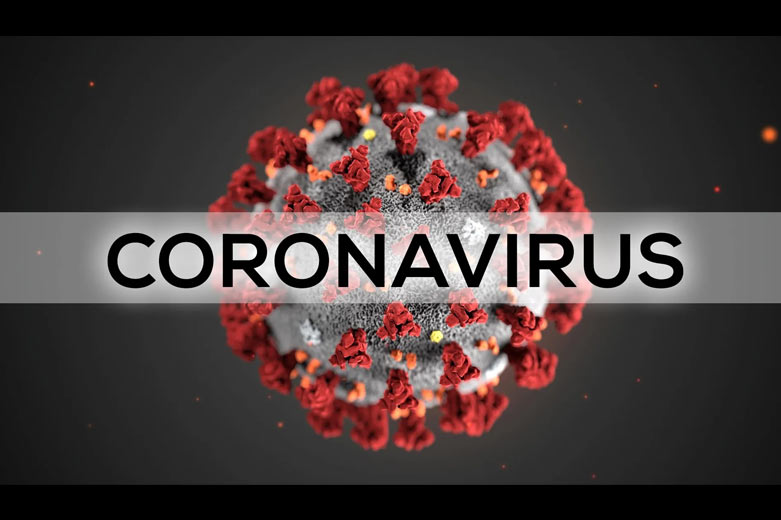The current health concern around the new coronavirus is causing anxiety and concern. We’ve provided the information below to help keep our community safe and informed.
Covid-19 is a new or novel virus. This means that it has not been seen before. It likely originated from bats or another mammal in China before moving to humans. This is a new virus and we are still learning new information about it.
How is it spread?
Covid-19 is spread from human to human from respiratory secretions. This is from coughing or sneezing.
What are the symptoms of Covid-19?
It starts initially with flu-like symptoms such as cough, fever, and body aches.
What are the treatments?
There are currently no specific treatments. The goal is to support people through the illness.
Can Covid-19 be prevented?
Yes and this is the key to health. This is a major public health issue. The most important things are:
- Washing hands frequently and thoroughly
- Covering coughs and sneezes into your bent elbow or tissue
- Washing hands after coughs and sneezes
- Self-isolation for high-risk people (people who have traveled)
- Limiting travel and public events as much as possible. This is especially true for those with underlying health conditions and people over 60 years old.
Who is at high risk of contracting Covid-19?
The biggest risk for contracting Covid-19 are people how have traveled to a high-risk area. These include China, Korea, Iran, and Italy as well as many more.
- If you have traveled to a high-risk country, the CDC recommends staying away from social situations for 14 days.
- The CDC recommends avoiding cruise ships
Community transmission (getting the virus from someone who hasn’t recently traveled to a high-risk area) is increasing. Good hygiene, limiting group gatherings, and working remotely will help slow down community transmission. Slowing down transmission will help prevent medical facilities from being overwhelmed.
Who is at high risk of developing serious complications from Covid-19?
- Older adults
- People who have serious chronic medical conditions like:
- Heart disease
- Diabetes
- Lung disease
Those who are at higher risk of developing serious complications may consider contacting your healthcare provider to ask about obtaining extra necessary medications to have on hand in case there is an outbreak of COVID-19 in your community and you need to stay home for a prolonged period of time.
Do I need to be tested?
You may need to be tested, if you are having fever and flu-like symptoms as well as having recent travel to a high-risk area or an area with community spread.
Will Antibiotics treat or prevent Covid-19?
No, antibiotics only work for bacteria and not viruses. Taking Antibiotics when not needed can lead to drug resistance.
Should I be worried?
This is a serious illness with serious complications. This is especially true for the elderly. However, panic does not help this major public health endeavor. Protecting yourself and your family is key. This is done by avoiding high-risk places and practicing good hygiene.
You should absolutely talk with your doctor about this if you have had recent travel, been around someone who has traveled, and are now running a fever.
Where can I get more information?
The CDC (Centers for Disease Control) and WHO (World Health Organization) are both great resources. They are tracking ongoing infections.
https://www.cdc.gov/
https://www.who.int/

